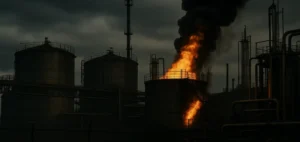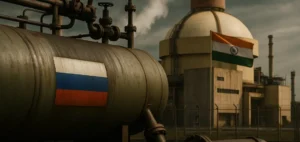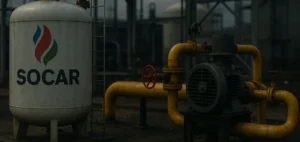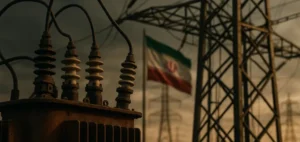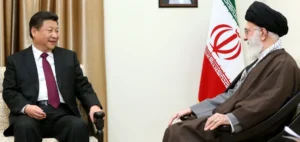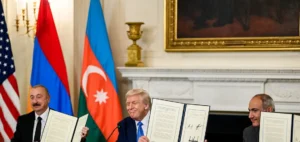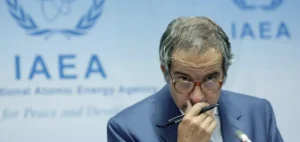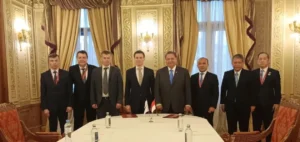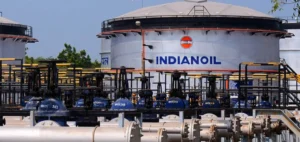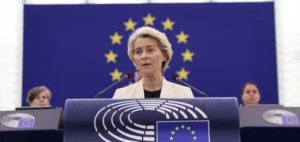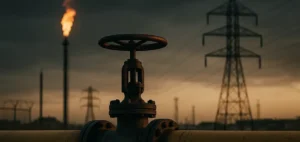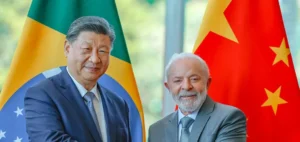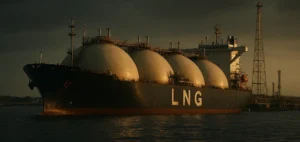British Prime Minister Rishi Sunak announced Thursday that he has secured 20 billion euros of investment during a visit to Japan, particularly in green energy and technology, seeing it as “a vote of confidence in the British economy”, currently struggling.
The £17.7 billion of investment from Japanese companies will “enhance our joint strengths in science, technology and clean energy and, most importantly, boost our economy,” the Conservative leader, who is in Japan to attend a G7 in Hiroshima.
Marubeni plans to invest 10 billion pounds in the UK, including in offshore wind projects, Downing Street reported. Mitsubishi Estate and Mitsui Fudosan have confirmed plans to build affordable housing, high-quality office space and life science laboratories in London.
Rishi Sunak highlighted the fact that the UK is “the only European country” to have joined the Trans-Pacific Free Trade Partnership (CPTPP) agreement, as part of the new trade ties London is seeking to forge after Brexit. But the latter is weighing on the British economy. Reports of possible plant closures by carmaker Stellantis in the UK due to a lack of a post-Brexit trade deal with the EU are causing concern.
According to media reports, Ford and Jaguar Land Rover have also voiced their concerns as new provisions of the agreement are due to come into force soon. “This is a concern that has been raised by manufacturers across Europe, not just in the UK,” the Prime Minister told British media. “As a result, we have initiated a dialogue with the European Union on ways to address these concerns,” he added.




